Composting Toilets and Zoning Laws
Zoning laws covering composting toilets can be a bit convoluted and code enforcement officials can get really cranky if you don’t comply.
One Colorado county is home to many “off-grid” residents living in RVs, Tuff-Sheds, and nylon tents without running water, electricity, or proper septic systems. The residents insist they are allowed to do whatever they want on their land. County code enforcement officials disagree. Hearing their story might save you a lot of trouble in the long run.
Rugged Individualists Versus The Law: Welcome to Park County
Park County, Colorado lies in a high mountain basin, surrounded by the craggy peaks of the Mosquito Range, buffeted by constant winds, where winter temperatures frequently drop below zero. It defines the words “remote” and “inhospitable.” It has attracted some rugged individualists who, after securing their land, built their own structures with little or no thought to codes or zoning.
Composting toilets are allowed…sort of
At the time of this writing, composting toilets are allowed in their homes if there is at least one flushing toilet connected to an approved septic system. Composting toilets are also allowed in RVs and other camping vehicles. Tiny homes are considered an RV so they can have a composting toilet. But as an RV, they’re only approved for temporary occupancy. So, yes, you can have a composting toilet, but you can’t live there full-time.
Attention was first drawn to the area’s residents when one occupant, Robert Lewis Dear, committed a mass shooting at the Planned Parenthood Clinic in Colorado Springs. Dear was found to be mentally incompetent and at the time of this writing, remains confined in a state mental institution.
County code enforcement officials then noticed another resident defiantly waving flags and defending his right to do whatever he wanted on his property. This included accumulating trash and human waste. After a lengthy court battle he was forcibly removed from his property, at least temporarily.
Next the county focused on a third resident who lived in a tiny home in the same area. He was threatened with removal from his property if he didn’t install an approved septic system. The county did not consider his composting toilet to be in compliance with county codes.
You can’t escape local code enforcement agencies
Park County, located almost dead center in Colorado, is a desolate area, home to a few cattle ranches and people who just want to be left alone. But even here, housing officials and code enforcement agencies are actively at work protecting the environment.
You can’t escape code enforcement agencies so it’s best to find a way to comply. Building codes and zoning laws are enacted to protect the environment and keep you safe. They are also designed to protect fire fighters and first responders that might have to come to rescue you.
Find a way to comply with the codes
In this YouTube video, a man shows how he made an inexpensive septic system. I don’t know if it would comply with codes in your area. He used a backhoe to dig the hole and back-fill it. This is the part that usually gives me pause. I don’t have access to a backhoe and do not know how to operate one. That means I would need to hire someone to do it, and that’s where the major expense occurs.
Before spending your hard-earned money on a system that may or may not conform to your location’s zoning regulations, you’ll want to do some research. The rugged individualists of Park County probably thought their land was so far off the beaten path they’d never get pinched for ignoring the law.
They were wrong.
Here’s more information on septic systems.
Here’s more on getting along with code and zoning enforcement officials.
Good information about composting toilets here.



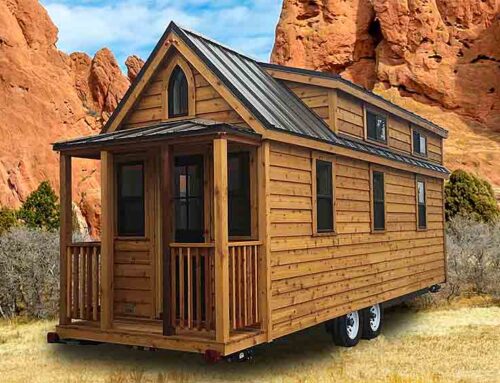
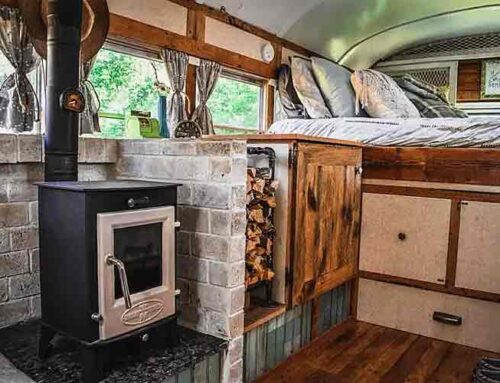
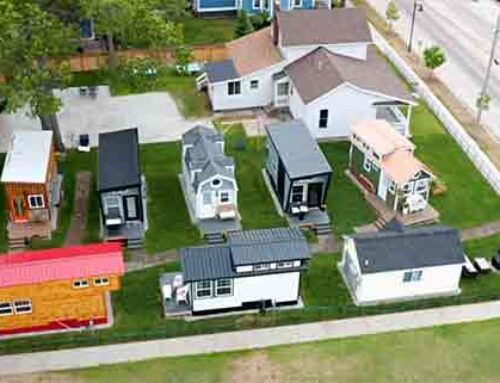
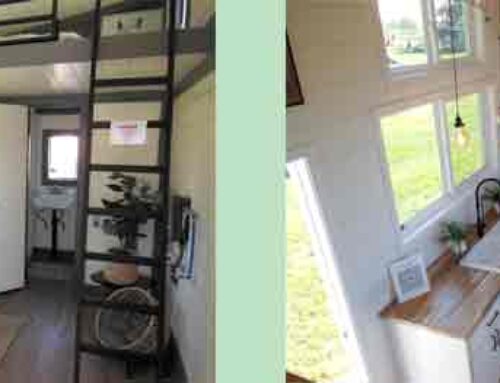
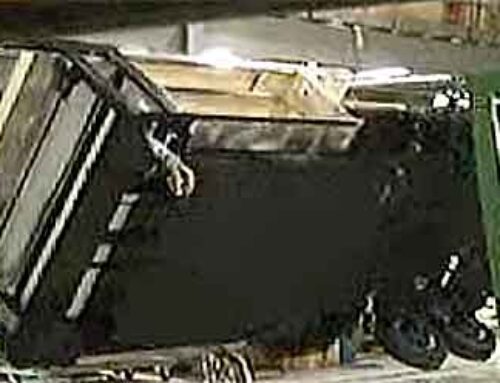
Leave A Comment